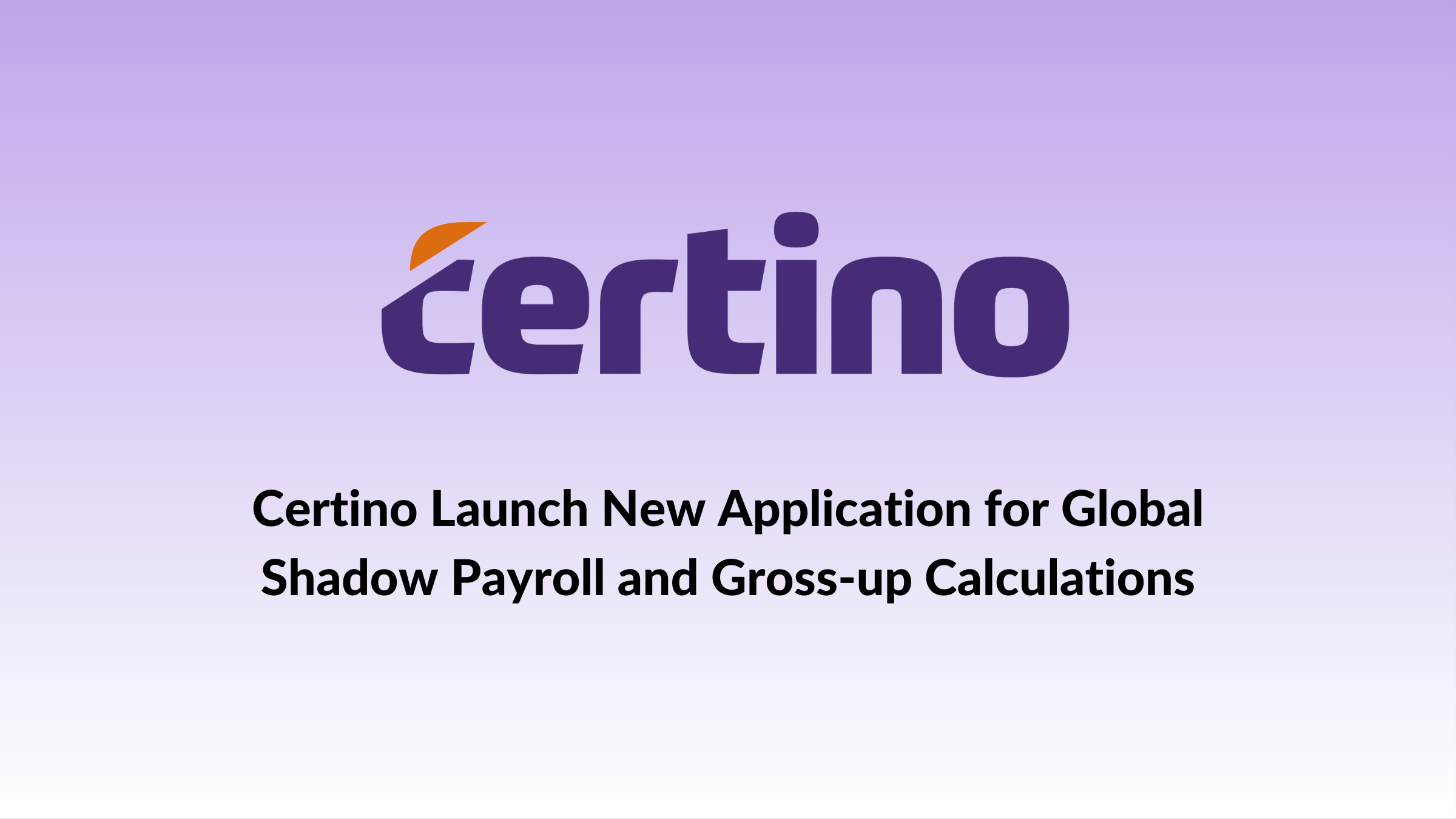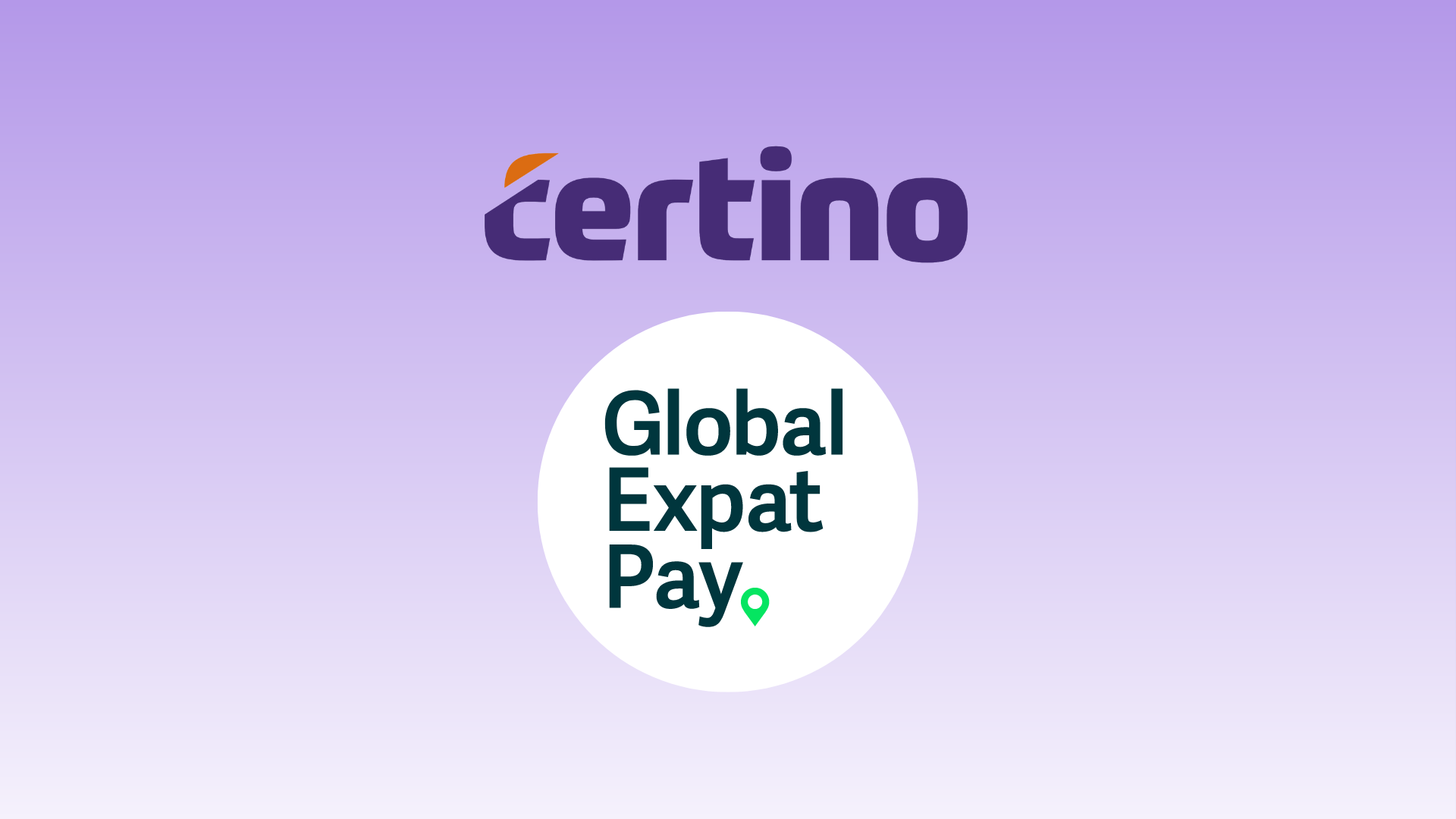Companies often struggle to keep up with shadow payroll requirements while ensuring proper compliance and a keen eye on cost. Each shadow payroll requirement, such as compliance related to long and short-term business travel, can create its own variety of tax issues that can be difficult for companies to manage.
In addition, tax considerations are often intertwined with other matters such as corporate compliance, mobility policies, and a lack of proper processes—all of which can create unexpected challenges.
To read more about shadow payroll generally, please check out What is shadow payroll and when is it required?
Global requirements are changing rapidly
The global regulatory environment continues to rapidly evolve. Legislative and regulatory changes and their enforcement are generating tax and other compliance challenges and risks that must be properly assessed and their impact reviewed.
What’s more, there is now greater cooperation across countries in sharing information. Even internally within a country, tax authorities and border forces are working together more, so the incidences of review and audit may increase.
In the last 18 months, while many Governments have experienced a steady uptick in spending, tax receipts have been on the decline. At some point, it is likely that Governments will look to balance the books and increase receipts from tax revenue. They can do this by looking to ensure greater compliance, more scrutiny of business travellers, and introducing new legislation.
The focus on increasing tax receipts for the longer term has begun in many countries. Some countries have already introduced a higher marginal rate in payroll and reductions in available allowances/reliefs for the highest earners. It may be that some of the ‘no-tax’ countries such as Oman could consider introducing an income tax in 2023.
Overlooking compliance issues could lead to financial and reputational risks and exposures, potentially putting projects and future business at risk.
The focus of governments and tax authorities on ensuring companies and individuals pay their fair share of tax in a timely manner, continues to be under scrutiny.
Implications of non-compliance

While accurate monthly filing based on actual earnings can be difficult to achieve, the filing of monthly payroll estimates based on annual cost projections can lead to large under or overpayments and often attract the attention of the tax authorities.
Year-end or regular reconciliations throughout the year can also have the same impact.
It is important to also consider the cash flow implications. It can sometimes be very difficult (if not impossible) to get refunds from tax authorities, especially in those countries that do not have an annual individual tax filing, as is the case in many African countries. In such circumstances where social security is payable, it is even more difficult to obtain overpayments.
Some countries may even choose to automatically audit tax returns that show a discrepancy between payroll reporting and tax return reporting causing additional professional fees, not to mention stress and anxiety for the assignee.
The danger is that if shadow payroll is incorrect and authorities are reviewing payroll discrepancies for assignees regularly, the local authorities may then choose to audit the entire payroll of the local company or put them on a watchlist for review in the future, if a pattern emerges.
Challenges of compliance
We appreciate that without the right tools in place, maintaining shadow payroll compliance can be difficult to achieve.
Many companies rely on their local entities to ensure filing and payment of the shadow payroll for the assignee population. These local entities may lack an awareness of the difference in taxation of assignees vs local employees and they may rely only on the compensation received in-country, not considering payments made outside of the country.
As an example, many local payrolls, especially in less developed countries, may only run payroll for compensation physically received in that country, which is usually limited. This is further compounded by the fact that local entities may also use local advisors and payroll providers with little international experience.
What’s more, many of these entities may be small, in comparison to head office, with only two or three assignees, which can make it impractical to have automation tools in place and more difficult to enforce centralised solutions.
Another challenge is that companies may not want their assignee's compensation to be processed with regular payroll due to the difference in compensation between the assignee and the local employees.
It’s important to also bear in mind legislative changes that may impact payroll and individual taxes could also impact corporate taxes, and these changes should be reviewed in case of any impact on the broader shadow payroll process. Communication with all relevant departments is key throughout the process.
💡 Top tips
- Some of the tasks such as compensation collection and tax gross ups should be completed centrally and advised directly to the local entity/payroll firm.
- Adopt a robust shadow payroll process (for more information on what a good shadow payroll process looks like check out our blog here).
- Consider the maturity of your company’s process and where automation may help.
- Ensure forward planning of new countries and assignments.
Actions to consider
Before launching assignees into a new country, companies need to ensure that all the corporate consequences are reviewed, and solutions put in place to enable tax, business, and other compliance needs.
Companies may structure their mobile workers in specific jurisdictions so that they do not trigger individual tax liabilities. Unfortunately, if the employee activity creates a Permanent Establishment (PE) for corporate tax purposes, this could mean individual tax liabilities are required as well as any corporate tax compliance needed.
That’s why we recommend that the process starts with asking a variety of questions, such as:
Permanent Establishment (PE)
- Will the presence of the employee cause a Permanent Establishment (PE) issue for the home employer in the host location?
- Will the duties of the employee in the host location increase the PE risk?
Corporate Compliance
- Are there any consequences to be considered in respect of transfer pricing such as the cross-charging of costs between the home and host entities?
Administration and Registrations
- Will the host payroll be able to administer payroll on behalf of the home entity?
- If not, what are the procedures to run a shadow payroll?
- If shadow payroll is not necessary, how are taxes paid e.g., with tax return, by instalments or monthly payments by assignee?
- Does the home entity need to be registered as an employer in the host entity?
Once all the country due diligence is complete and a structure is in place to overcome any initial obstacles, a shadow payroll can be set up. Next steps and review of the following may be required;
Registrations
- Note that registrations for the employee may be necessary
- Will they need a tax identification number?
- Will local registrations with the local authority e.g., Town Hall be necessary?
- If a tax card e.g., Denmark or coding notice e.g., UK is required, make sure these are available from employee on receipt
Social Security
- Has the A1 or Certificate of Coverage been put in place, where possible?
- Do the conditions of the Reciprocal agreement eliminate all host country social security taxes or only certain taxes e.g., India to France, only the element relating to pension is excluded, all other social taxes in France are payable? Is a separate registration required for social security?
- Is a social security number required?
Residency
- What is the residency status of the employee as this may determine how the employee will be taxed in the host country e.g., graduated v flat rates of tax?
- Will a tax treaty apply for that employee? (Tax treaties may exempt the income from tax providing all treaty conditions are met but social security may still be due).
- Does an economic employer rule or local legislation based on employee role or circumstances apply, which may override the tax treaty?
- Travel pre assignment (and the work permit) may also have an impact on what earnings may be taxed and on residency status
Tax Positions
- Have all tax reliefs and expat regimes been claimed timely e.g., in the Netherlands a ruling to exempt 30% of earnings may be available?
- Are tax positions at a company and an employee level discussed and agreed e.g., claiming allowances for family?
These questions are not exhaustive and each country will have different questions to consider. Other key areas to consider which are not covered in this blog include immigration, local employment law, health insurance outside of social taxes etc.
There is certainly much to think about before an assignee starts on shadow payroll. These along with myriad other reasons are why companies need to ensure that they have got the right technology in place to support their global shadow payroll process.
International employment tax laws are complex, yet so many companies are still using suboptimal tools for managing shadow payroll and tax positions. Current shadow payroll processes are process-heavy, cost-prohibitive, and complicated, with unnecessary and inefficient workflows.
This is where technology needs to do the heavy lifting. It takes the burden off global mobility teams with robust, efficient, consistent and compliant processes.
Key takeaways
- Global tax and legal requirements are changing rapidly
- Globally mobile employees can create a significant PE risk for the enterprise. Before launching a shadow payroll ask a variety of questions to drive the right action
- If more tedious processes can be automated, it would lighten the load for everyone
- Technology needs to be seamless and borderless with customised API integration of data and transfer of information between teams
For more information on how to create a robust shadow payroll process, please contact us for a free consultation.








